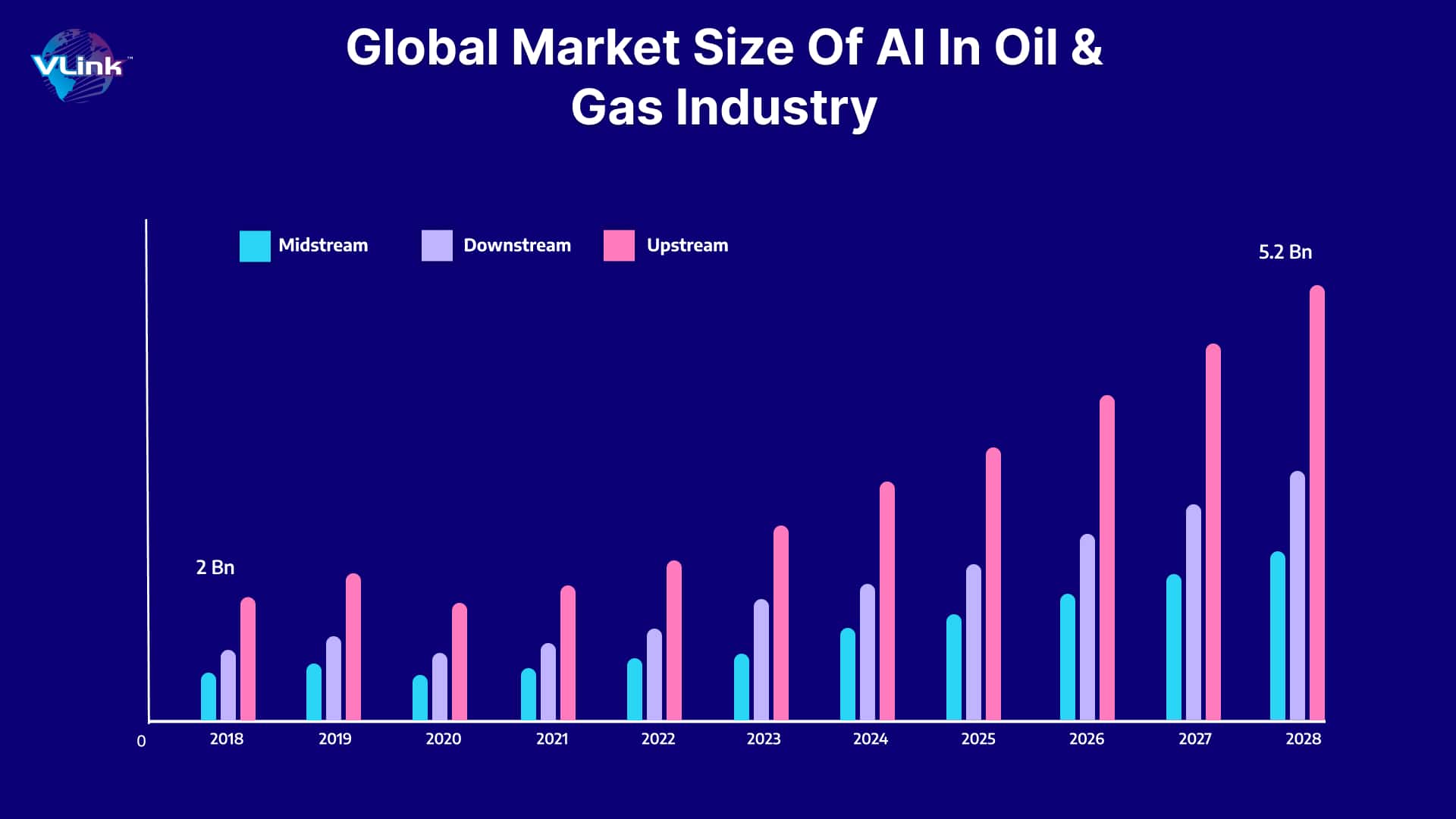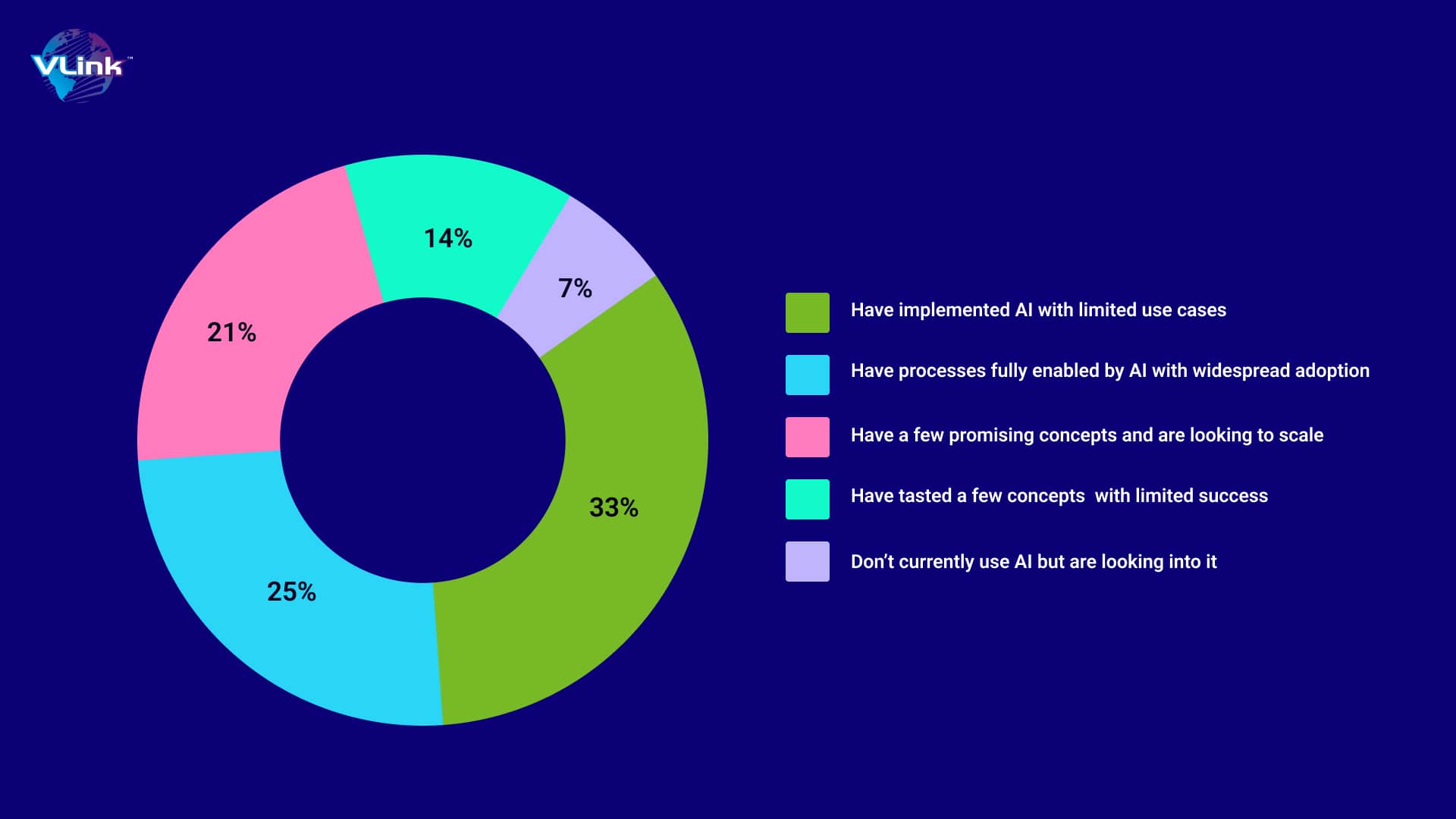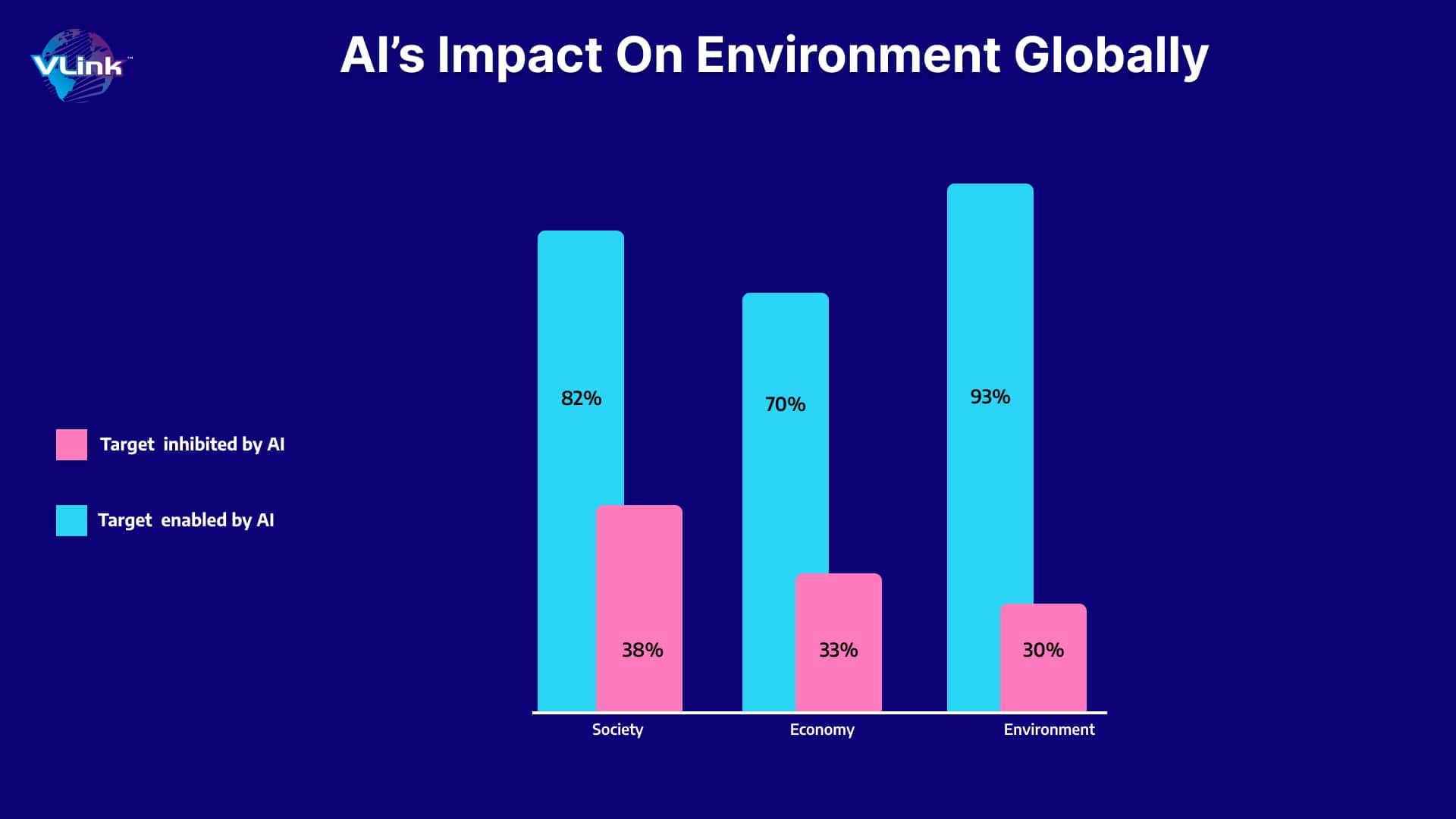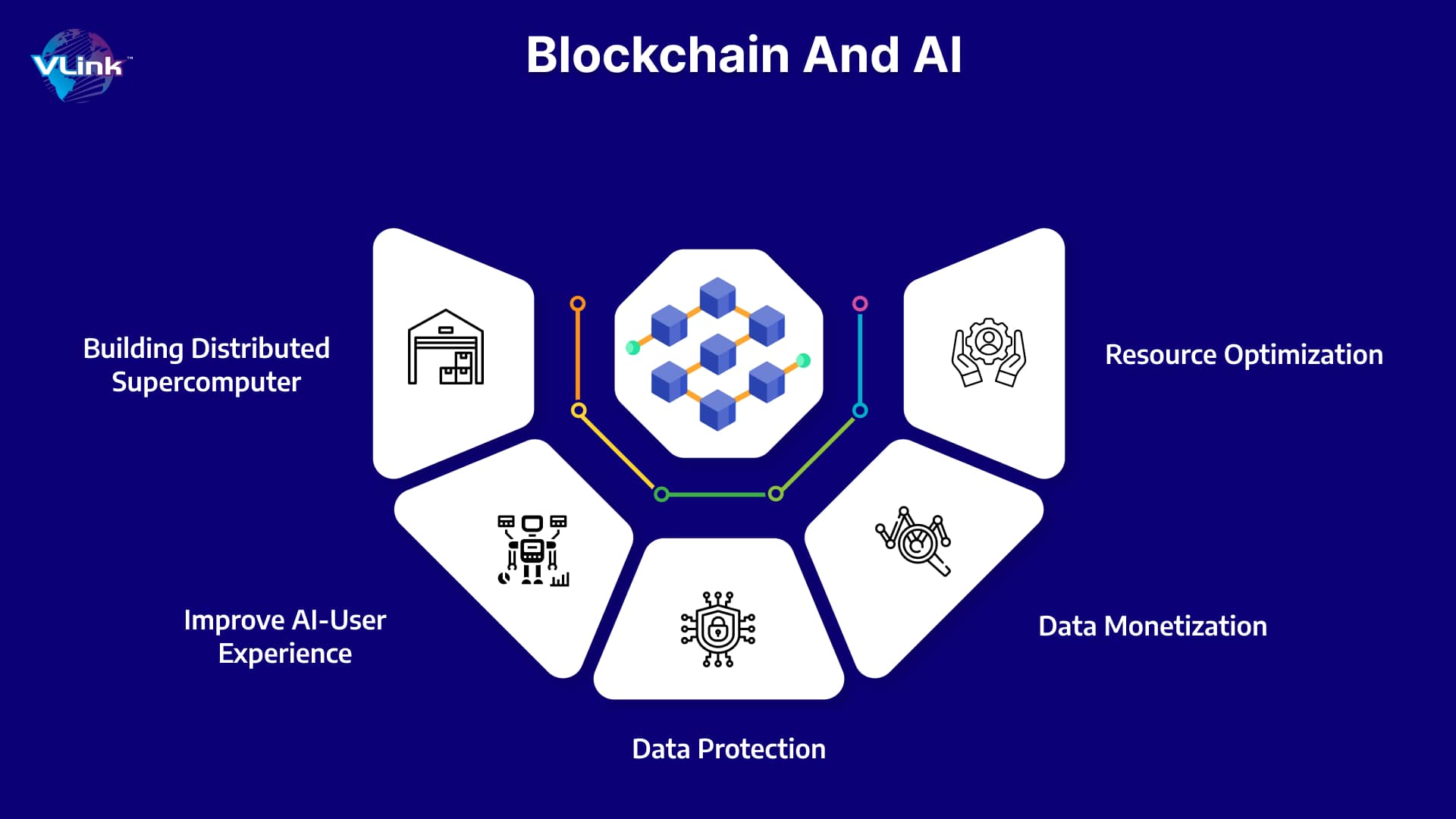The oil and gas industry, a cornerstone of global energy production, is no stranger to technological advancements. In recent years, artificial intelligence (AI) has emerged as a transformative force within this sector. AI is changing the way we explore, produce, and manage energy resources.
In the realm of optimizing operations, artificial intelligence emerges as an influential force, casting its transformative shadow across an array of sectors. Notably, the oil and gas industry stand as no exception to this burgeoning wave of AI adoption. Its sprawling embrace spans sectors ranging from healthcare and finance to the intricate web of transportation networks, echoing a profound change.
Per the discerning insights of the World Economic Forum, a burgeoning adoption of AI on a grand scale within the oil and gas sector possesses the potential to usher in a substantial 10–20% cost-saving paradigm shift by the dawn of 2025. As AI's innovative progression continues, its profound influence on this industry is poised to further amplify, signaling a significant metamorphosis.
 In this article, we will explore how AI is revolutionizing the oil and gas industry and reshaping the landscape of energy production.
In this article, we will explore how AI is revolutionizing the oil and gas industry and reshaping the landscape of energy production.
Why should oil and gas businesses utilize AI?
The utilization of Artificial Intelligence (AI) in the oil and gas industry is not merely an option but a strategic imperative. Here are several compelling reasons why the oil and gas business should embrace AI:
Operational Efficiency
AI can optimize operations by predicting equipment failures, suggesting maintenance schedules, and automating routine tasks. This efficiency not only reduces downtime but also lowers operational costs.
Environmental Responsibility
With increasing pressure to reduce environmental impact, AI can help the industry minimize emissions, reduce waste, and conserve energy. This is crucial for meeting regulatory requirements and maintaining public trust.
Data-Driven Decision Making
The oil and gas industry generates vast amounts of data. AI's ability to process and analyze this data provides valuable insights, aiding in strategic decision-making, exploration, and production planning.
Supply Chain Optimization
Optimizing the supply chain through AI can reduce transportation costs, improve inventory management, and enhance logistics, ultimately leading to cost savings.
Asset Management
AI-driven predictive maintenance and asset monitoring can extend the lifespan of critical infrastructure. This ensures that equipment and facilities are in optimal condition, reducing capital expenses.
Cost Reduction
By identifying inefficiencies, minimizing waste, and automating processes, AI contributes to substantial cost reduction, increasing profitability and competitiveness.
Market Competitiveness
Adopting AI technologies helps companies stay competitive in a rapidly changing market. Those who embrace AI are better positioned to adapt to market dynamics and remain ahead of the curve.
 Innovation
Innovation
AI fosters innovation in the industry, allowing for the development of cutting-edge solutions and the exploration of new possibilities. This is vital for staying relevant and meeting the evolving demands of the industry.
Top use cases of AI in oil and gas industry
The oil and gas industry are always one of the scaling sectors across the globe for many decades. As technology advances, this industry has evolved and transformed to gain a competitive edge. And with the advancement in technologies, AI has come up as a viable force that drives its sustainability and growth. Here are the top uses of AI in oil and gas industry:
Predictive Maintenance
AI has become a game-changer in predictive maintenance for oil and gas equipment. Using machine learning algorithms, AI can predict when machinery, such as pumps or drilling equipment, is likely to fail. This proactive approach not only prevents costly breakdowns but also ensures the safety of the workforce.
Reservoir Management
In the exploration and production phase, reservoir management is critical. AI can process vast amounts of geological data, helping engineers and geologists make informed decisions. Machine learning models can identify potential drilling locations, estimate reservoir sizes, and optimize extraction processes.
Safety Monitoring
Safety concerns need to be prioritized in oil and gas industry. AI-driven safety monitoring systems use cameras and sensors to detect potential hazards in real-time. From identifying leaks to recognizing unsafe behavior, AI enhances safety protocols and minimizes risks for workers.
Environmental Impact Reduction
The oil and gas industry are under increasing pressure to reduce its environmental footprint. AI technologies are aiding in this effort by optimizing operations. AI algorithms can minimize emissions, reduce energy consumption, and enhance environmental stewardship.
 Supply Chain Optimization
Supply Chain Optimization
Efficient supply chain management is crucial in the industry. AI can analyze supply chain data to predict demand, optimize routes for transportation, and reduce costs. This not only improves efficiency but also decreases the carbon footprint of logistics.
Exploration Efficiency
AI can dramatically improve exploration efficiency. By processing seismic data, geophysical surveys, and satellite imagery, AI helps pinpoint the most promising locations for drilling, saving both time and resources.
Production Automation
Automation is key to enhancing production efficiency. AI-powered robots and autonomous equipment can handle repetitive and dangerous tasks, reducing the need for human intervention in hazardous environments.
Data Analysis and Interpretation
The oil and gas industry regularly maintains plenty of data, including transactions, employees, resources, etc. AI can quickly and accurately analyze this data to provide insights for better decision-making. Whether it's well performance or market trends, AI is a powerful tool for data analytics and interpretation.
Improved Asset Management
Asset management is crucial for the industry's long-term success. AI helps monitor and optimize assets, such as pipelines, platforms, and refineries. Predictive analytics can extend the lifespan of critical infrastructure.
Cost Reduction
AI-driven cost reduction is a significant benefit for oil and gas companies. By optimizing processes, reducing waste, and enhancing productivity, AI helps cut operational costs, ensuring the industry remains competitive in the global market.
Future trends of AI in oil and gas industry
The future of AI in the oil and gas industry is poised to be transformative. As technology continues to evolve, several trends are likely to shape the sector. Here are some key future trends of AI in the oil and gas industry:
Autonomous Operations
The industry will witness increased autonomy in drilling, exploration, and production processes. AI-powered autonomous equipment and robots will handle complex tasks in hazardous environments, reducing the risk to human workers.
Digital Twins
Digital twin technology has been a promising innovation for several years of the digital era. It helps in building a virtual blueprint or digital version of physical assets. AI will enable the real-time monitoring and analysis of these digital twins, leading to more efficient asset management and predictive maintenance.
Cognitive Computing
Cognitive computing systems, powered by AI, will facilitate natural language understanding and context-aware decision-making. This will enhance human-computer interactions and enable more intuitive, data-driven decision-making.
Blockchain Integration
AI and blockchain development will come together to improve supply chain management and data security. The transparency and trust provided by blockchain, combined with AI's data analytics capabilities, will enhance the industry's supply chain processes.

Drilling Automation
AI-driven drilling automation will become more sophisticated. This will include autonomous drilling rigs and well optimization systems, reducing drilling costs and increasing efficiency.
Real-Time Decision Support
AI-powered real-time decision support systems will become more prevalent. These systems will assist engineers and decision-makers by providing data-driven insights for rapid and effective responses to changing conditions.
Remote Operations
AI and IoT (Internet of Things) integration will enable remote monitoring and control of operations. This will reduce the need for on-site personnel and improve overall safety and cost-efficiency.
Enhanced Security
With the increasing digitization of the industry, AI will also be used to bolster cybersecurity. AI-driven systems will proactively identify and respond to security threats, protecting critical infrastructure.
Human-Machine Collaboration
The future of AI in the oil and gas industry will involve increased collaboration between humans and AI systems. Workers will use AI tools to make more informed decisions and leverage the technology to enhance their expertise.
Regulatory Compliance
AI will aid in ensuring compliance with evolving environmental and safety regulations. It will provide the industry with the tools to monitor and report on emissions and other critical environmental factors.
In conclusion, the future of AI in the oil and gas industry promises to be dynamic and transformative. As AI technologies continue to evolve, they will drive innovation, efficiency, and sustainability in an industry that plays a vital role in global energy production and consumption.
Integrate AI to your existing business applications with VLink
The growth of AI in the oil and energy sector represents enormous potential to drive change. AI-driven analytics, predictive capabilities and automation improve capital investments, worker safety and environmental sustainability.
VLink feels proud to be a renowned developer of intelligent software and platforms. As an AI development company, our experts are changing the industry. Our AI developers are well-versed in advanced technologies, enabling them to deliver unique solutions that improve efficiency and supply chain management.
From forecast tracking to demand forecasting, our intelligence services help businesses stay ahead of the competition. Trust VLink as your strategic partner to adopt AI and unlock new possibilities for your business in the oil and gas industry.
Frequently Asked Questions
AI assists in exploration by analyzing seismic data to identify potential oil and gas reserves accurately.
Predictive maintenance uses AI to monitor equipment condition in real time and predict when maintenance is needed, reducing downtime and costs.
AI enhances safety by predicting and preventing accidents, identifying high-risk situations, and monitoring environmental impact. Additionally, ethical considerations include responsible use of AI, data privacy, and the consequences of AI-driven decisions on the environment and society.
Yes, smaller oil companies are leveraging AI to remain competitive, improve efficiency, and reduce costs.







